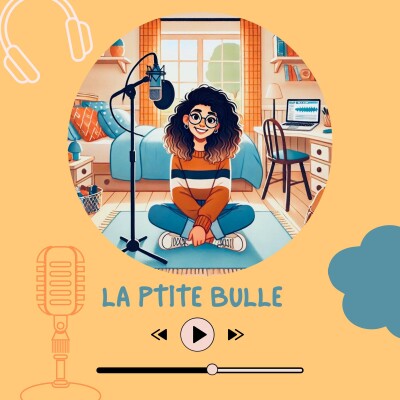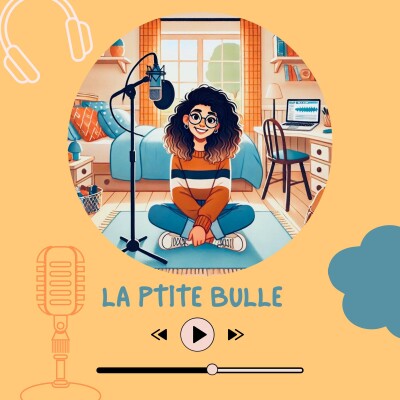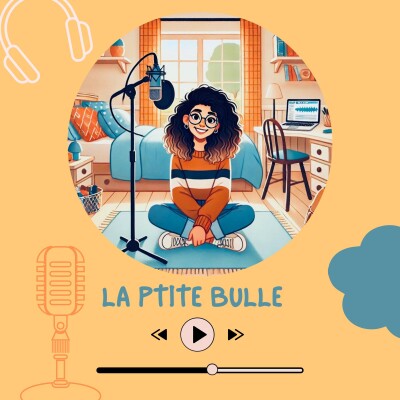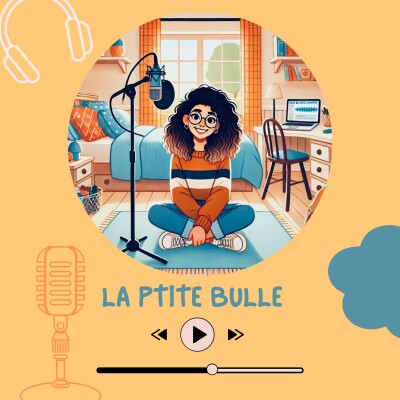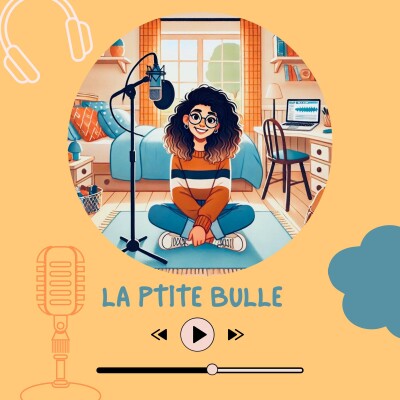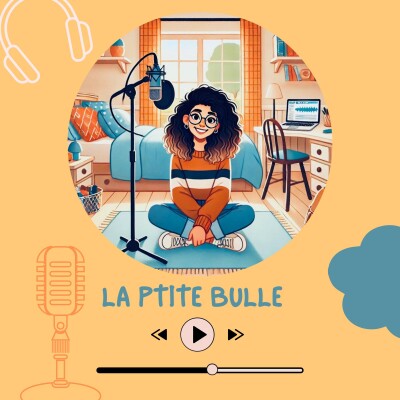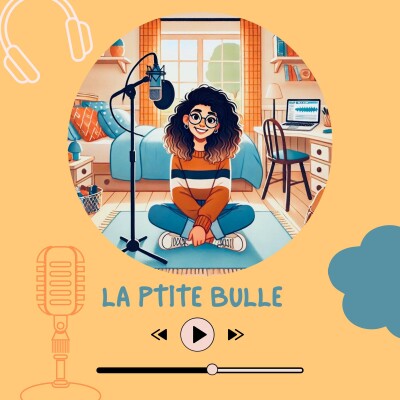Description
Bienvenue dans La Ptite Bulle, où l'on plane en douceur. 🫧✨
Je m'appelle Mél et ici, on parle santé mentale, handicap et réflexions sociales, toujours avec sérénité.
Je partage avec vous des pensées, des expériences, des petites choses qui font réfléchir. Parfois seule, parfois accompagnée d’invités, pour discuter, échanger et apprendre, toujours avec bienveillance. 🫶
On explore, on apprend, on partage, sans pression.
Alors, prends une pause et entre dans La Ptite Bulle. 🫧✨
Welcome to La Ptite Bulle, where we float gently. 🫧✨
My name is Mél, and here we talk about mental health, disability, and social reflections — always with calm and care.
I share thoughts, experiences, and little things that make you think. Sometimes on my own, sometimes with guests, to talk, exchange ideas, and learn together, always with kindness. 🫶
We explore, we learn, we share — without pressure.
So take a break and step into La Ptite Bulle. 🫧✨
Hébergé par Ausha. Visitez ausha.co/politique-de-confidentialite pour plus d'informations.




